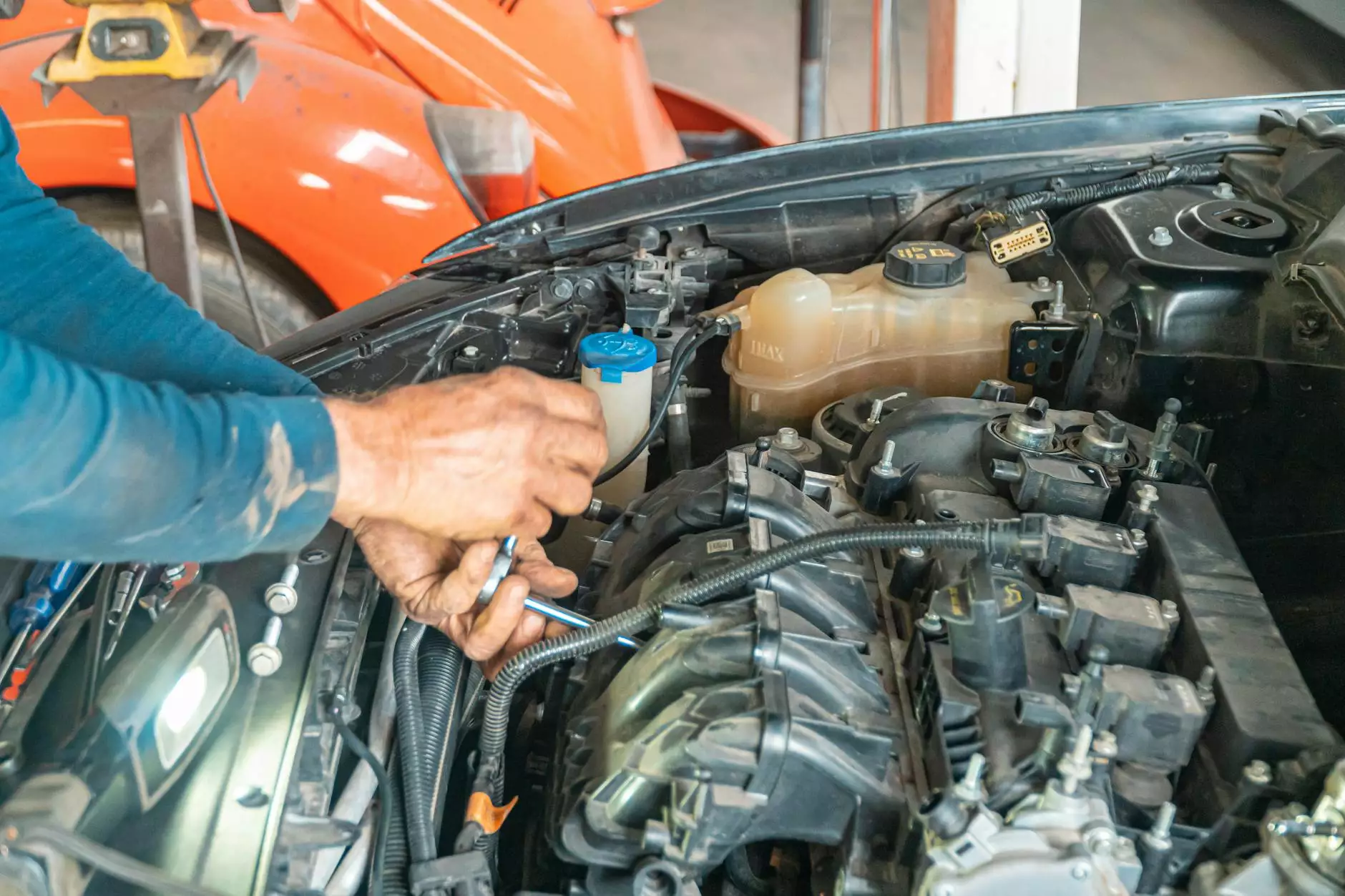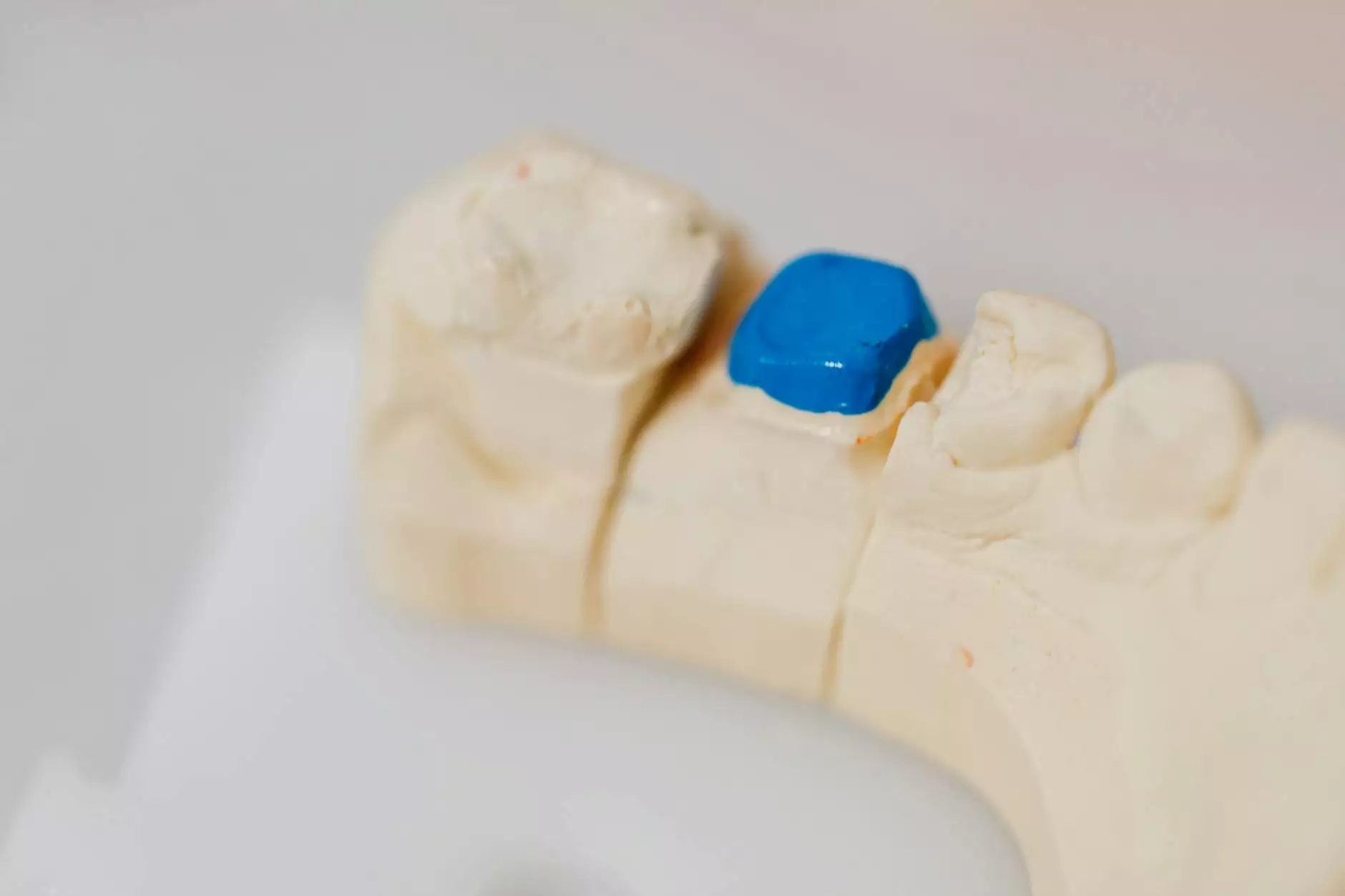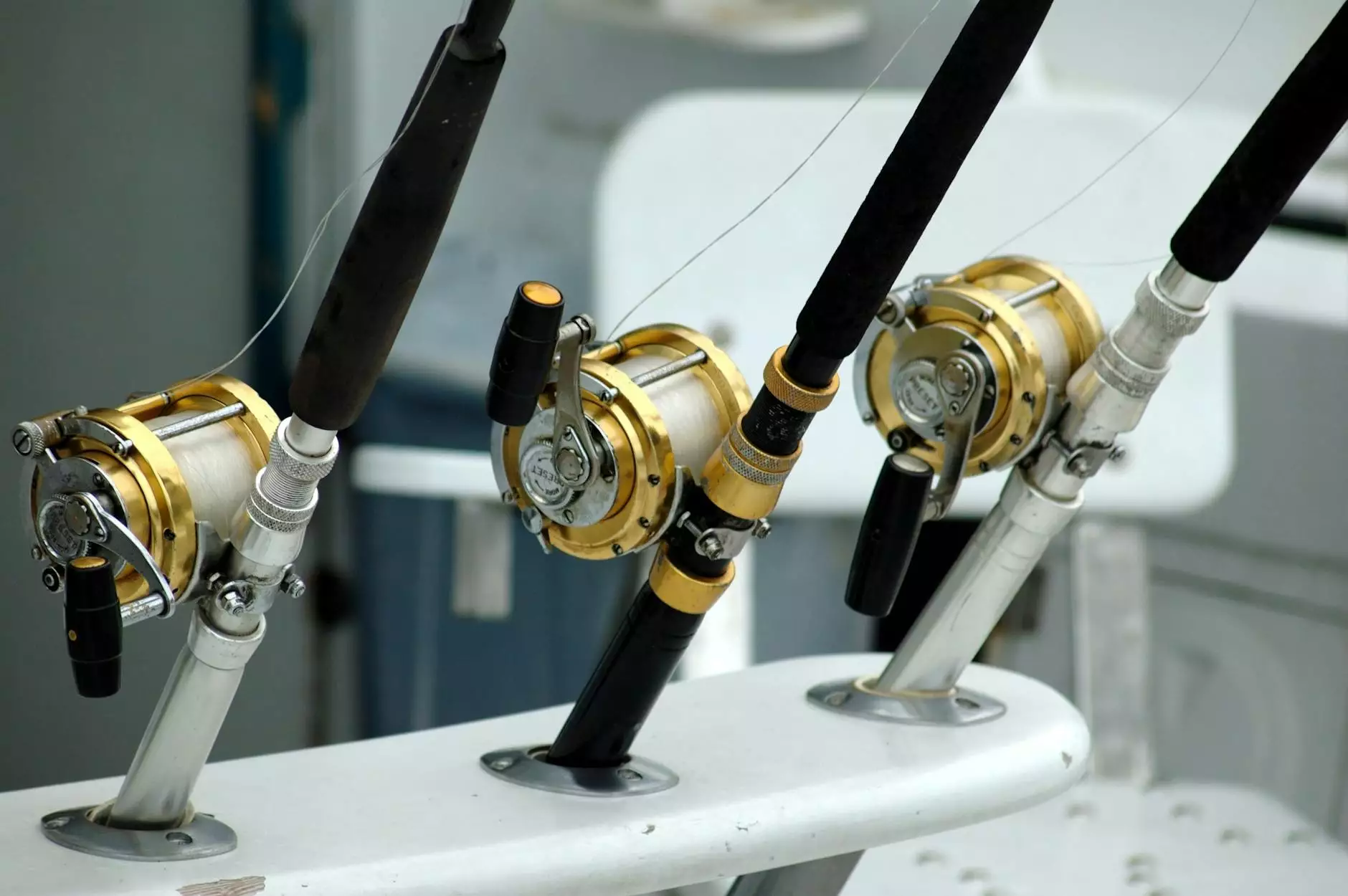The Ultimate Torque Converter Manual for Automotive Enthusiasts

Understanding the intricacies of a torque converter is essential for any automotive enthusiast, professional mechanic, or DIY hobbyist. This torque converter manual intends to provide a thorough exploration of this crucial component, helping you to understand its function, maintenance, and troubleshooting tips. Let’s delve into the mechanics of torque converters and their significance in the realm of automobiles.
What is a Torque Converter?
A torque converter is an essential part of automatic transmissions in vehicles, designed to transfer the engine's power to the transmission while allowing for a smoother operation. Unlike a manual transmission, where the driver directly engages and disengages the gears, the torque converter allows for a seamless shift without any driver intervention.
The Components of a Torque Converter
The torque converter consists of several key components, each playing a crucial role in its functionality:
- Impeller (Pump): Connected to the engine's flywheel, it is responsible for drawing in transmission fluid and converting the engine’s mechanical energy into hydraulic energy.
- Turbine: This component is connected to the transmission. It receives the hydraulic energy from the impeller and converts it back to mechanical energy that propels the vehicle.
- Stator: Located between the impeller and turbine, the stator redirects fluid returning from the turbine back to the impeller to improve efficiency.
- Transmission Fluid: The life-blood of the torque converter, it facilitates hydraulic power transfer and helps in cooling the system.
The Functionality of Torque Converters
Torque converters operate using fluid dynamics and are vital for transforming engine power into usable energy for propulsion. Here’s how it works:
Hydraulic Energy Transfer
The process begins when the engine is running. The impeller spins with the engine speed, drawing in hydraulic fluid. This fluid is pushed toward the turbine due to centrifugal force. As the fluid strikes the turbine blades, it causes the turbine to spin, which in turn drives the transmission input shaft and ultimately the wheels of the car.
Torque Multiplication
One of the most critical features of the torque converter is its ability to multiply torque, especially during low-speed acceleration. When the vehicle is at a stop, the engine can run freely without stalling, allowing the turbine to remain stationary momentarily. This results in the impeller accelerating while the turbine (and thus the vehicle) does not move, creating a multiplication of torque that is necessary for a smooth launch.
Diagnosing Torque Converter Issues
Just like any automotive component, torque converters can encounter issues. Understanding these potential problems empowers you to address them effectively:
Signs of Torque Converter Problems
- Slipping: If your vehicle seems to lose power during acceleration, the torque converter may be slipping.
- Overheating: Continuous high temperatures can damage the entire system.
- Strange Noises: Unexpected sounds, such as whining or grinding, often indicate internal issues.
- Check Engine Light: An illuminated warning light could signify various problems related to the transmission or torque converter.
Troubleshooting Tips
Here are some basic troubleshooting steps you can take if you suspect that your torque converter is malfunctioning:
- Inspection of Transmission Fluid: Check for leaks, and ensure that the fluid is at the appropriate level and is not burnt.
- Examine Electrical Connections: Make sure that there are no loose wires or damaged connectors that could affect the torque converter's operation.
- Check for Error Codes: Use an OBD-II scanner to check for any error codes that might indicate torque converter issues.
- Professional Diagnosis: If you are unable to identify the issue, consult a professional mechanic for a thorough inspection.
Maintenance Guidelines for Your Torque Converter
Proper maintenance can ensure your torque converter functions optimally, prolonging its lifespan and avoiding costly repairs. Here are some vital maintenance tips:
Regular Fluid Changes
Transmission fluid is crucial for the performance of your torque converter. Make it a habit to check your fluid levels regularly and change them according to the manufacturer's recommendations, often every 30,000 to 60,000 miles. Fresh fluid maintains optimal hydraulic pressure, aiding efficiency and cooling.
Monitoring Performance
Keep an eye out for changes in the drivability of your vehicle. If you notice any unusual behavior, such as slipping or shuddering, address these issues promptly to prevent further damage to the torque converter and transmission.
Use Quality Parts
When it comes to replacements, only use high-quality parts that are compatible with your vehicle model. Poor quality or mismatched components can lead to premature wear and failure.
Choosing the Right Torque Converter for Your Vehicle
When replacing your torque converter, selecting the right one is vital. Here’s what to consider:
Vehicle Compatibility
Ensure the torque converter matches the year, make, and model of your vehicle. Compatibility is key to ensuring proper function.
Performance Needs
Consider what performance characteristics you desire. Different converters offer various stall speeds and torque multiplication ratios. For high-performance applications, you may want a converter designed for quicker response times and higher torque capacity.
Cost Considerations
While quality is crucial, you also want to consider your budget. Weigh the benefits of high-quality torque converters against your financial limitations. Remember, a more expensive, high-performing converter may save you money on repairs in the long run.
Conclusion: The Importance of Understanding Torque Converters
This torque converter manual has equipped you with a comprehensive understanding of torque converters, enhancing your knowledge within the automotive field. By grasping how torque converters work, identifying potential problems, implementing maintenance routines, and selecting the right products, you can ensure your vehicle operates at its best.
For quality torque converters and automotive parts, visit Shenghai Auto Parts. We offer a wide selection of automotive components that cater to all your needs, ensuring you drive with confidence!









